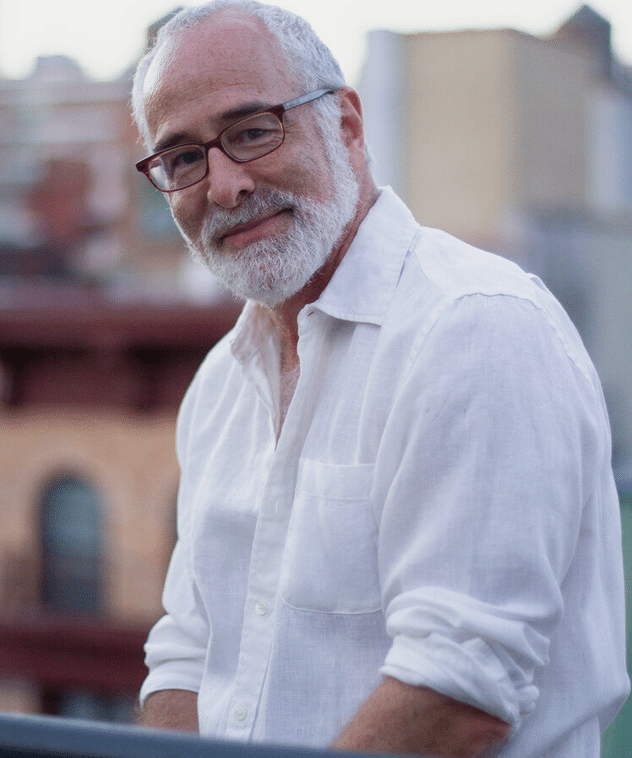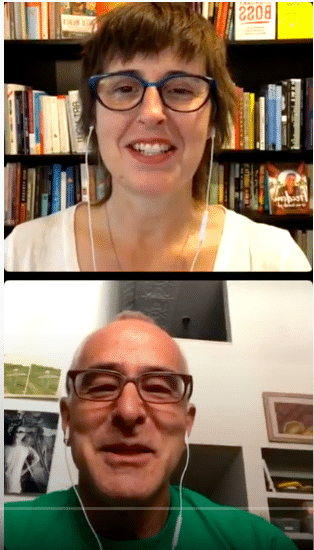THAT book, the tell-all, the book that shares the underbelly of an establishment, or a life. That book sells. If we want to be successful authors, we need to listen to our agents, right?
Not so fast.
When Peter Hoffman was transitioning from his full-time career as a successful NYC restaurateur to author, he wanted his book to reflect his holistic take on food — how it’s grown, eaten, and experienced. 
But the literary agent he worked with first wanted something different: a juicy tell-all from a gritty NYC kitchen (much like an Anthony Bourdain style narrative).
Over the course of his year-long alliance with this agent, Peter realized that he was not writing that book.
In fact, he was deeply uninterested in writing that book.
I’m not writing that book…
This is what he eventually told his then-agent. It wasn’t easy to walk away or to stand by his idea in the face of expert advice. A budding author’s confidence is already fragile. But Peter did something brave — he waited.
Taking his time paid off. Peter went on to find a different agent who understood his idea and sensibility and wanted to carve out a space in the publishing world for the exact book he wanted to write.
How did Peter land the kind of representation that every author wants?
He danced between the pressure the industry places on authors to replicate best-sellers, and his allegiance to his book idea.
This dance is an art form. Sometimes you really do need to listen to your agent. Sometimes you need to stand your ground. Every author will step onto this dance floor at some point in their career.
This dance is an art form
I’ve known Peter for over a decade. We are yoga buddies and writing group pals. I read many chapters of his book, What’s Good A Memoir In Fourteen Ingredients, as he was writing it.
I know Peter well. I also know the publishing world. I can tell you that it is not easy to stay in touch with the urgency of your book idea while also navigating the seduction of the industry.
But for Peter, everything is interconnected—where and how food is grown and prepared, consumed and enjoyed— and this personal philosophy became the backbone for not just his book idea, but for how he navigated getting his book deal.
He wouldn’t be in integrity if he wrote a cookbook or a tell-all.
His book was going to encapsulate his love of produce, farmers, farmer’s markets, his passion for locavore everything (before “locavore” was even a thing), and what he did with his knowledge and passion during his time as a chef and restaurant owner.
It was going to showcase the interconnectedness of us and our food. His book deal, and his relationship to his agent, needed to be part of that interconnectedness. They had to line up.
To listen to our entire conversation, and find out more about where Peter found inspiration for his book idea and structure, click here.
P.S book proposal academy for September is ALMOST full. There are still three spots left, to learn more and submit an application, click here.

